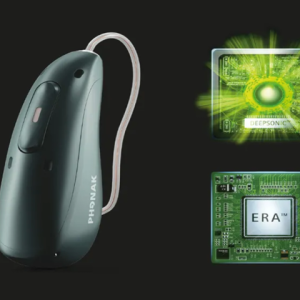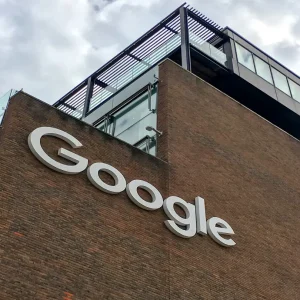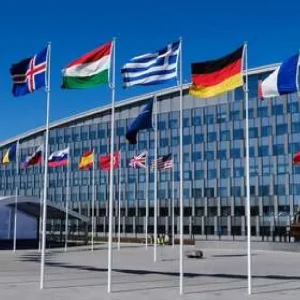
Hikvision, the controversial Chinese security camera company which is facing a ban in the UK, advertised ethnicity recognition technology to clients in Britain and the rest of Europe, it has been reported.

A brochure on Hikvision’s website advertised “optional demographic profiling facial analysis algorithms” to customers including “gender, race/ethnicity, age”. It said the service was being offered in partnership with a UK start-up, FaiceTech.
The brochure was removed by Hikvision following an investigation by The Guardian, which first reported the story. The company says it has never sold the technology to UK clients, while FaiceTech denies working directly with Hikvision.
Why are Hikvision cameras controversial?
Partially owned by the Chinese government, Hikvision is the largest CCTV provider in the world and has a client list spanning the globe including UK institutions such as schools, local authorities and research labs. It currently supplies up to 60% of UK public bodies with CCTV cameras according to a report by Big Brother Watch, which found that the cameras from Hikvision and another Chinese company with links to the government in Beijing, Dahua, are used by 73% of local authorities, 35% of police forces and 63% of schools in the UK.
However, campaigners here have been calling for their use to be banned, particularly when it comes to sensitive locations, because the company is alleged to have played a role in aiding Chinese oppression in the Xinjiang province and Tibet, where cameras have been used to spy on the Uyghur community. The company has admitted its cameras may have been used by the Chinese authorities in so-called “re-education” camps for Uyghurs.
Hikvision is already blacklisted by the US government, and last month cabinet office minister Oliver Dowden announced new installations of Hikvision cameras would be banned from all UK public buildings. An amendment was subsequently added to related legislation, despite opposition from the government, which will require ministers to publish a timeline for the removal from public sector supply chains of equipment provided by companies like Hikvision that have been involved in modern slavery, genocide or crimes against humanity.
Speaking to Tech Monitor when the news was announced, Professor Fraser Sampson, the outgoing UK Biometrics and Surveillance Cameras Commissioner, said banning the cameras from government buildings is “the easy bit”, and now the hard work begins. “We need a risk-based timeline to address all the issues, some of which can be done now but others take years,” Professor Sampson said. “We are no longer asking whether certain security companies can be trusted, we now accept they can’t, but we need to work out how to verify those we can trust.”
Hikvision and ethnicity recognition technology
FaiceTech has denied ever working with Hikvision on ethnicity recognition technology, and called on the company to remove the brochure. A legal letter sent to Hikvision asked for the document to be taken down as it “is likely to deceive the public into a mistaken belief that our client is in some way associated with Hikvision,” The Guardian reports.
Tech Monitor has approached Hikvision for comment, but a spokesperson for the company told The Guardian: “The brochures in question detail the potential application of our cameras, with technology built independently by FaiceTech and other partners.
“Hikvision has never been involved in their development process and plays no role in any potential implementation and usage of those solutions. Hikvision does not sell its product direct to market, rather through distributors and integrators. This particular capability has never been sold in the UK by Hikvision.
“Hikvision has never knowingly or intentionally committed human rights abuses itself or acted in wilful disregard and will never do so in the future.”






